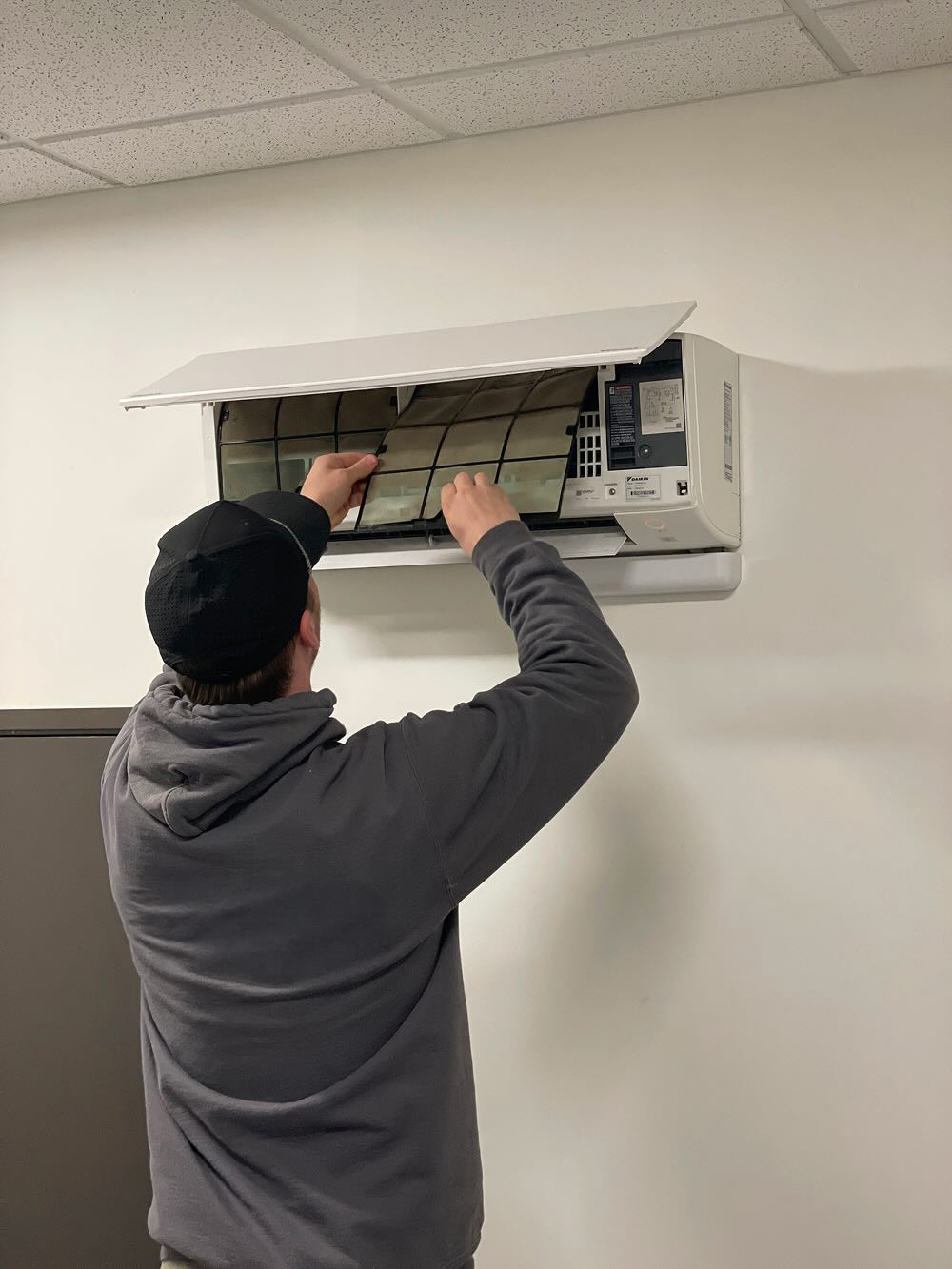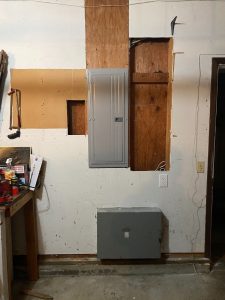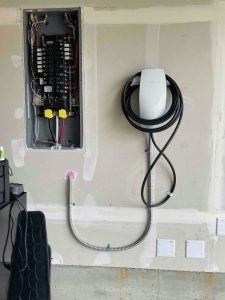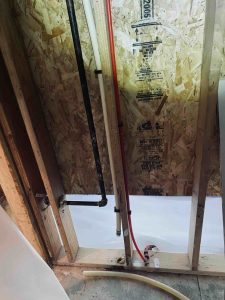Think of your HVAC system as your home’s lungs, it keeps fresh air moving, temperatures comfortable, and humidity in check. In Washington, that means staying cool during those warm summer days and nice and cozy when our chilly Pacific Northwest winters roll in. But it’s not just about temperature, your HVAC system also plays a big role in indoor air quality and overall comfort.
Like any hardworking system, though, HVAC units don’t last forever. Most systems run strong for about 10 to 15 years, and with good maintenance, maybe even up to 20. But when it’s finally time for a replacement, one of the first questions homeowners ask is: What is the cost to install a new HVAC system? We’re here to walk you through the numbers, so you can plan ahead and make the best decision for your home.
Why Replacing Your HVAC System Matters
If your current system is on its last leg, maybe it’s not heating or cooling efficiently, or your energy bills keep creeping up, it could be doing more harm than good. While the price of a new system might feel like a big investment, it’s one that pays off in comfort, efficiency, and even long-term savings on your energy bills.
According to Angi, the average cost to install a new HVAC system in the U.S. is about $7,500, but the range can run from $5,000 to $12,500 depending on a few key factors:
- The type and brand of system
- The size and layout of your home
- Whether or not ductwork needs replacing or modifying
HVAC Installation Costs by System Type
Let’s take a closer look at what you might expect to pay depending on the kind of system you’re considering.
Air Conditioning Systems
Whether you’re trying to cool a single room or the whole house, A/C options come in all shapes, sizes, and price tags:
| A/C Unit Type | Cost (Including Installation) |
| Window & Portable Units | $150 – $500 |
| Ductless Split System | $2,000 – $14,500 |
| Central Air System | $1,900 – $5,500 |
Source: HomeAdvisor
Portable units are great for short-term or small spaces, but for long-term comfort, especially in homes without existing ducts, central air or ductless systems are often the better choice.
Furnaces
The cost of a furnace depends mostly on the fuel type. Here’s what you can expect:
| Furnace Type | Cost (Including Installation) |
| Electric | $1,600 – $6,900 |
| Natural Gas | $3,800 – $10,000 |
| Oil | $6,750 – $10,000 |
Although installing an electric furnace is often less expensive, running one can be more costly, particularly in Washington during the winter months. Because of its cost-effectiveness ratio, natural gas is frequently used in this area.
Heat Pumps
Heat pumps are a complete system since they can be used for both heating and cooling. They’re a particularly wise choice in the temperate climate of Washington.
| Heat Pump Type | Cost (Including Installation) |
| Mini-Split | $1,300 – $8,000 |
| Air Source | $4,500 – $8,000 |
| Hybrid | $2,500 – $10,000 |
| Geothermal | $6,000 – $20,000 |
| Solar | $18,000 – $34,000 |
| Supplemental Electric | $2,500 – $40,000 |
Geothermal and solar solutions are more expensive initially, but they save money and benefit the environment over time. Mini-splits and air-source systems, on the other hand, are less expensive and more efficient in many houses around the state.
Smart Planning, Better Comfort
While buying a new HVAC system or changing your old one is an important decision, it doesn’t have to be difficult. You can pick a system that suits your house, your spending limit, and your long-term objectives with a little preparation. And don’t forget, there are often rebates, incentives, and financing options that can make upgrading to a more energy-efficient system much cheaper than you’d think.
Let MAS Pro Help You Find the Perfect Fit
At MAS Pro, we specialize in helping Washington homeowners upgrade to efficient HVAC systems that truly make a difference. Whether you’re swapping out an old unit or starting fresh in a new home, we’ll guide you every step of the way.
Ready to get started?
Visit our website to explore options, request a quote, or book a consultation today.




